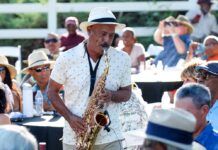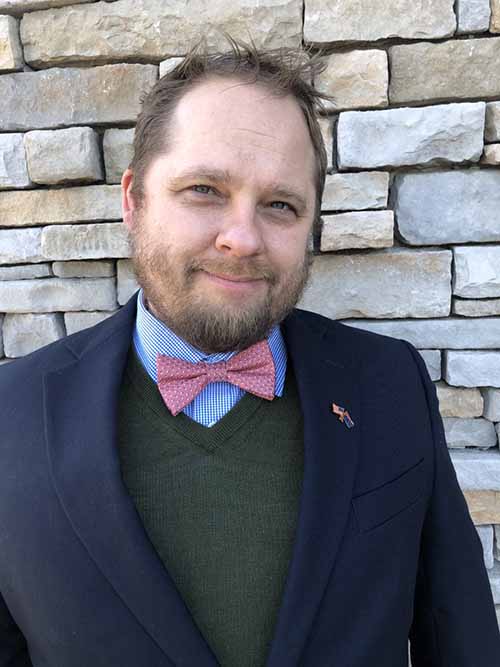Rabbi Emily JK Holtzman
Special to Valley News
One of the most celebrated Jewish holidays, especially in the United States, is Passover. More than any other holiday, Jews of all shades and stripes come together to engage in the Rabbinic tradition of a Passover Seder, which is a festive Passover meal and recounting of the story. The story of Passover is one that might be familiar to you. Here’s the short version. Moses, a Jew, is raised in Pharaoh’s palace. One day he sees an Egyptian taskmaster beating an Israelite slave, and Moses reacts by killing the Egyptian. Fearing for his life, Moses runs to the desert where he meets and marries into the tribe of Midian. He also has his first encounter with God, who tells him to go back to Egypt and free the Israelite people. Moses obeys God and is met with a resistant Pharaoh who endures plague after plague against his property, his people and his own family. Finally, Pharaoh agrees to let them go, and this point in the story is where I will begin today.
In addition to the cycle of holidays throughout the year, Jews read a different portion from the Torah, which is the divine law code, every single week. Though you can probably guess that Passover is not this week or even next month – it’s a spring holiday in fact – the portion read this week covers the Jews’ final escape from Egypt. Twice a year, Jewish people get the chance to encounter this story of freedom in the holiday cycle and also in the Torah cycle. The portion that is read this week is of even greater significance than just those two instances throughout the year. This week Jews read something called “Shirat HaYam,” or “The Song of the Sea.” If you are familiar with the Passover story, then you can probably guess what this moment is about – it is in fact the moment of the splitting of the Sea of Reeds. It is the first miracle, outside of the plagues, that the Jewish people witness as a collective community. This moment is so important that traditionally Jews say “Shirat HaYam,” every single morning. This passage, this first taste of freedom, is written as a one of the first biblical poems.
“Then Moses and the Israelites sang this song to God. They said, ‘I will sing to God, for God has triumphed gloriously; Horse and driver God has hurled into the sea. God is my strength and might; God has become my deliverance. This is my God and I will enshrine God; the God of my father, and I will exalt God. God, the Warrior – Adonai is God’s name. Pharaoh’s chariots and his army God has cast into the sea, and the pick of his officers are drowned in the Sea of Reeds. The deeps covered them; they went down into the depths like a stone.’”
The Israelites burst out into a song of praise, a song of wonder and a song of deep pain. They rejoiced in God for saving them, and they also recognize the immense strength of God’s power. They see their own freedom at the same time as they are witnessing the destruction of their enemy. And Jews recite this passage every morning. They recite it as a reminder of what God did for their ancestors and of the joy that they felt with their first inklings of freedom. And they recite it to remember that their ancestors rejoiced as they watched their enemies drown, not because of but simultaneously. “Shirat HaYam” is both a poetic description of the relief and joy that the Israelites felt as they crossed the sea and a stark reminder of the vast array of emotions that humans experience on a daily basis. People are never fully in one emotion but are constantly trying to balance themselves internally and reacting to the world externally. It would be strange if the Israelites were not overjoyed after the splitting of the sea. But I believe it’s the full picture of the strength we gain from God, as well as witnessing the destruction of our enemies, that keeps people human. They experience pain, sadness, joy and acceptance sometimes all at the same time. It takes a lot to wade through all of those different and sometimes contradicting emotions. I bless everyone this week with the ability to open their eyes and hearts. May they walk through the world ready to engage fully with themselves and those around them. Shabbat Shalom and have a peaceful and restful Sabbath.
Congregation B’nai Chaim is located at 29500 Via Princesa in Murrieta. For more information, visit http://www.bnaichaim.com or https://www.facebook.com/CongregationBnaiChaim/.









